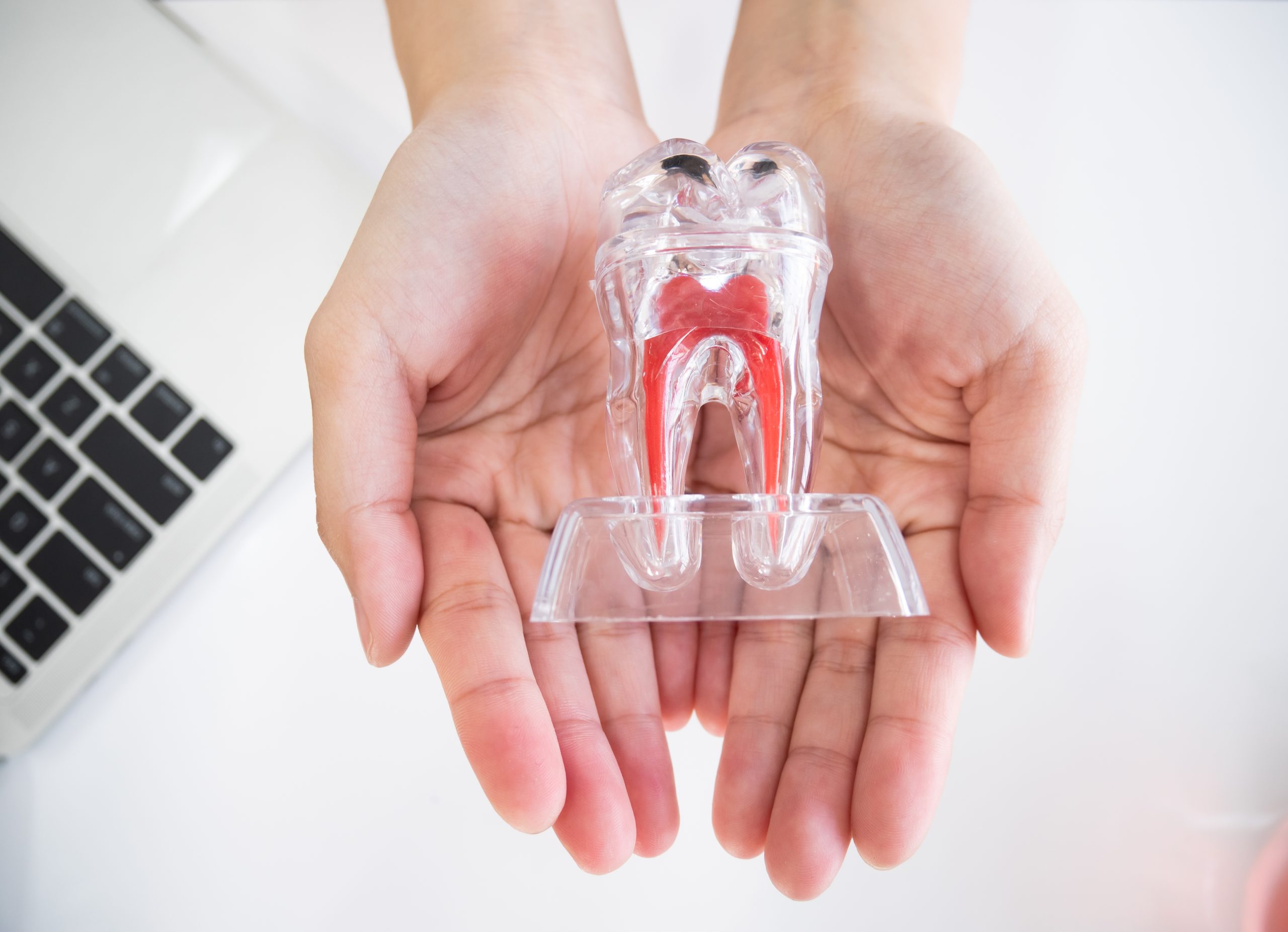Is throbbing tooth pain disrupting your daily life, making it hard to eat, sleep, or focus? If discomfort is signaling an issue deep within your tooth, gentle and effective relief is available with the best dentist in Davie, FL. At Davie Advanced Dentistry, our goal is to alleviate your pain and preserve your natural smile with precise root canal therapy.
We warmly welcome patients from Plantation, Cooper City, and Southwest Ranches to experience comfort and lasting solutions. Don’t let tooth pain control your day – call us today at (954) 434-3331 to find relief.
When facing the need for root canal therapy, choosing a Davie dental practice with a strong local presence and a reputation for compassionate care makes a real difference. We understand the local community, from families who frequent Tree Tops Park to those enjoying the unique atmosphere of the Bergeron Rodeo Grounds.
This local connection means we are accessible for follow-up care, questions, and any post-treatment needs, making your journey to comfort as smooth as possible. For relief from pain and to preserve your smile with compassionate, local care, reach out to Davie Advanced Dentistry. Call us today at (954) 434-3331 to schedule your consultation.
Root canal therapy, also known as endodontic treatment, is a procedure designed to address infection or inflammation in the soft inner part of your tooth, called the pulp. The pulp contains nerves, blood vessels, and connective tissue, and when it becomes infected or damaged, it can cause significant pain and lead to serious oral health issues if left untreated.
Dr. Abbo and our dedicated team are committed to making your root canal experience as smooth and stress-free as possible, allowing you to avoid tooth extraction and maintain your natural tooth.


This is perhaps the most widespread myth. Thanks to modern anesthetics and advanced dental techniques, root canal therapy is comparable to a routine filling in terms of comfort. The procedure itself relieves the severe pain caused by the infection, rather than causing it. Patients often feel little to no pain during the treatment.
There is no valid, scientific link between root canal therapy and any other illness or disease in the body. In fact, by eliminating infection, root canal therapy can improve your overall health.
Extracting a tooth creates a gap that can lead to shifting teeth, bone loss, and often requires more complex, time-consuming, and expensive follow-up procedures (like implants or bridges) to restore function and appearance. Nothing looks, feels, or functions quite like your natural tooth.
While severe pain is a common symptom, some infected teeth may not cause continuous pain. The pulp can die without significant discomfort, or an infection might create a “pimple” on the gum that drains pus, relieving pressure and pain. However, the infection is still present and requires treatment to prevent it from spreading and causing more serious issues.
Root canal therapy becomes necessary when the pulp inside your tooth is infected, inflamed, or damaged. This can happen for several reasons:
If you experience symptoms like severe toothache, prolonged sensitivity to hot or cold temperatures, tenderness when chewing or touching the tooth, swelling in the gums around the affected tooth, or tooth discoloration, call our Davie dental office by calling (954) 434-3331 to schedule an appointment.
There are many benefits to undergoing root canal treatment, including:
When a tooth is severely infected or damaged, you typically face two primary options: root canal therapy or tooth extraction. Preserving your natural tooth is almost always the preferred choice because:
There are several types of endodontic treatment, and the type you receive will depend on your specific dental needs. Common endodontic treatments include:
Talk to our dentist about possible alternatives to root canal treatment if you don’t qualify for traditional endodontic therapy. We may also offer pulpotomy for our younger patients with teeth infections.
Here’s what you can expect with a root canal treatment:
After the procedure, your tooth may be sensitive for a few days, but over-the-counter painkillers can usually manage this. Despite its reputation, most people report that the procedure is no more painful than receiving a dental filling.
Proper aftercare is essential for the long-term success of your root canal and the health of your restored tooth. Dr. Abbo will provide specific instructions, but here are general guidelines:
Contrary to old perceptions, modern root canal therapy is not painful. Dr. Abbo uses local anesthesia to completely numb the area, making the procedure comparable to getting a routine filling. The treatment itself relieves the pain caused by the infection.
The length of a root canal procedure varies depending on the tooth’s complexity and the extent of the infection. Most root canals can be completed in one or two appointments, each lasting about 60 to 90 minutes.
Most patients experience mild discomfort for a few days after the procedure, which can be managed with over-the-counter pain medication. You can usually return to your normal activities immediately, though it’s important to avoid chewing on the treated tooth until a permanent crown is placed.